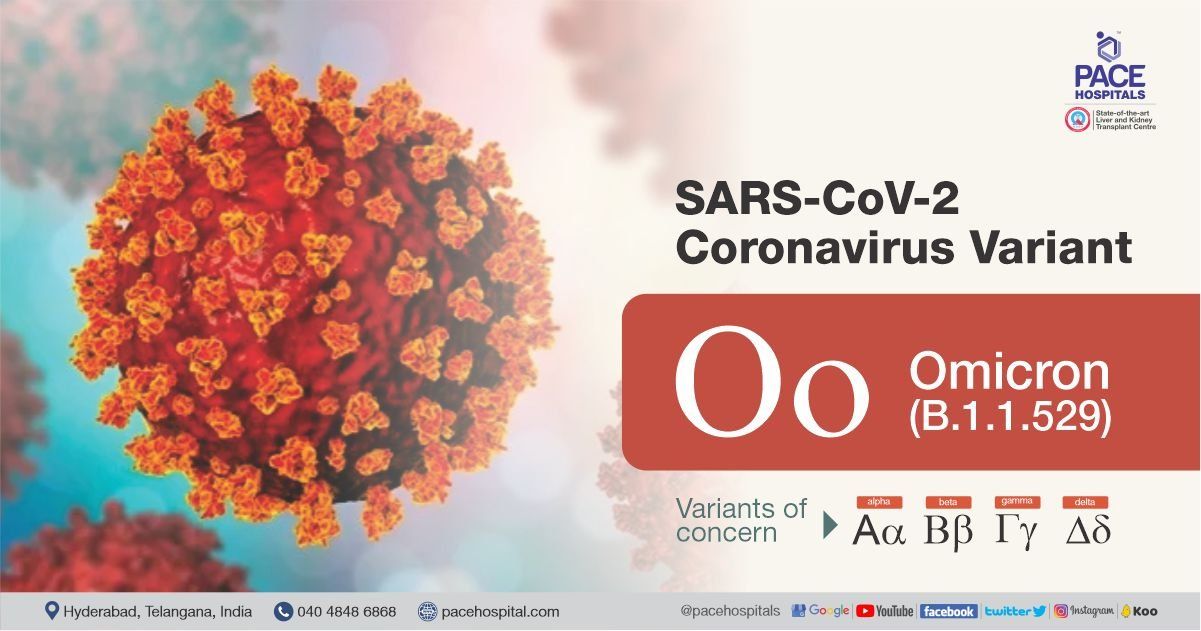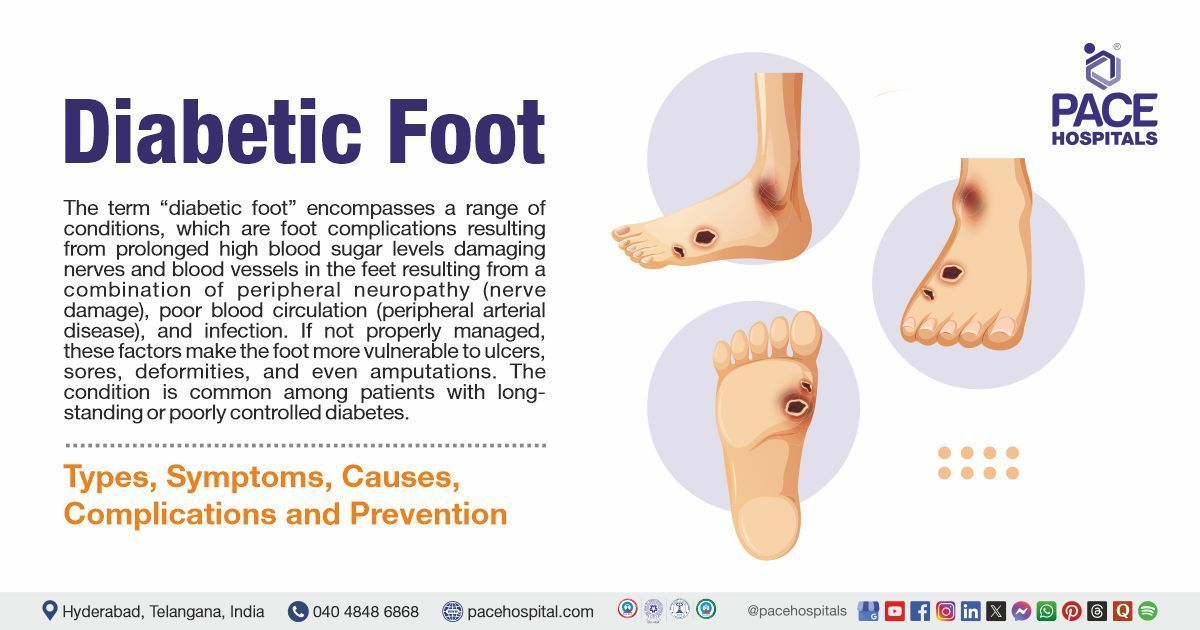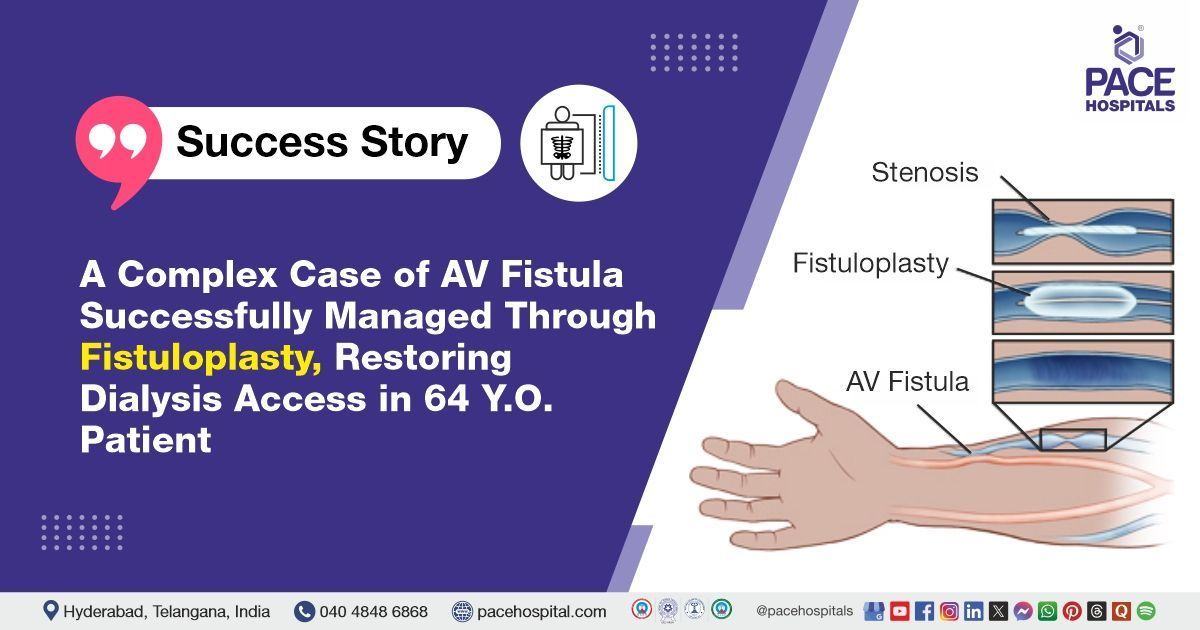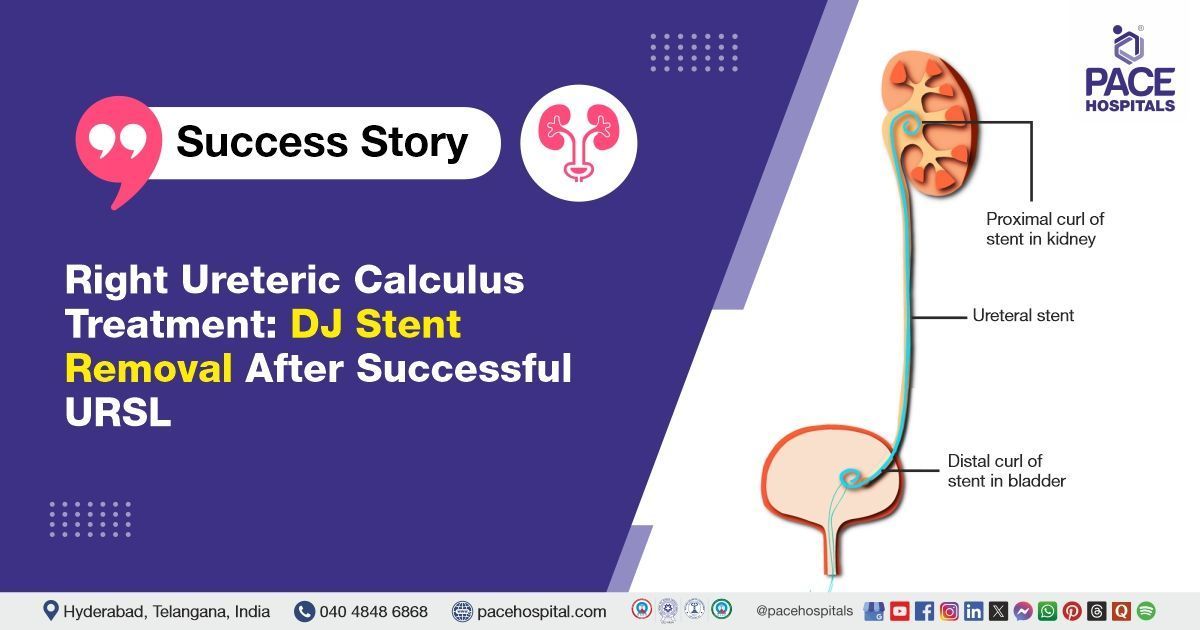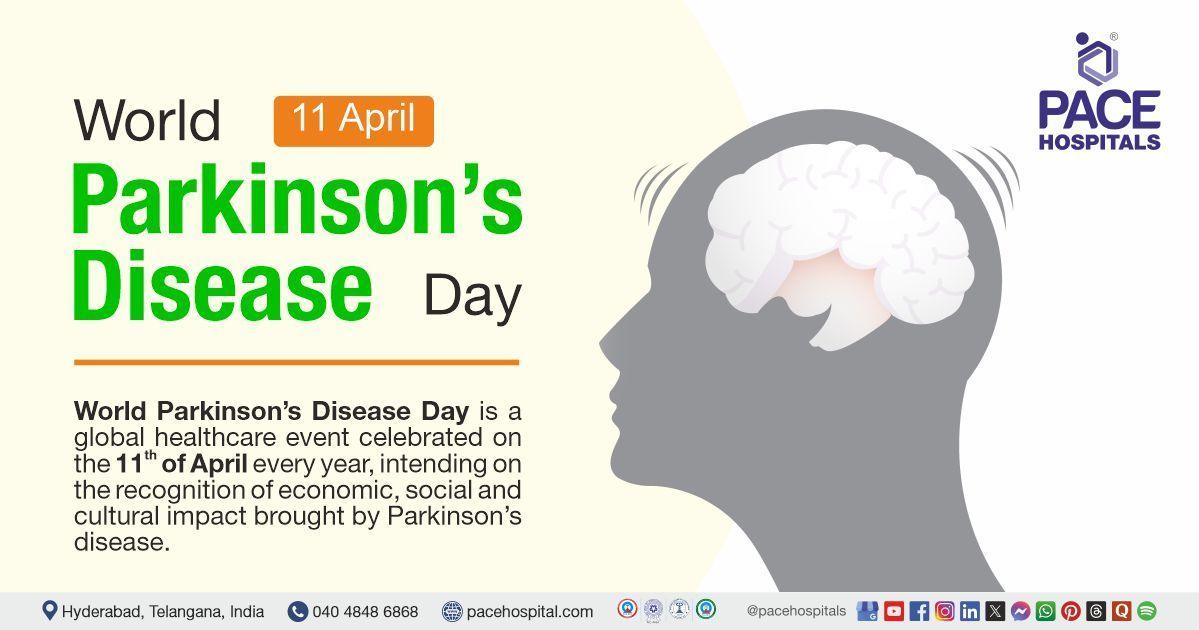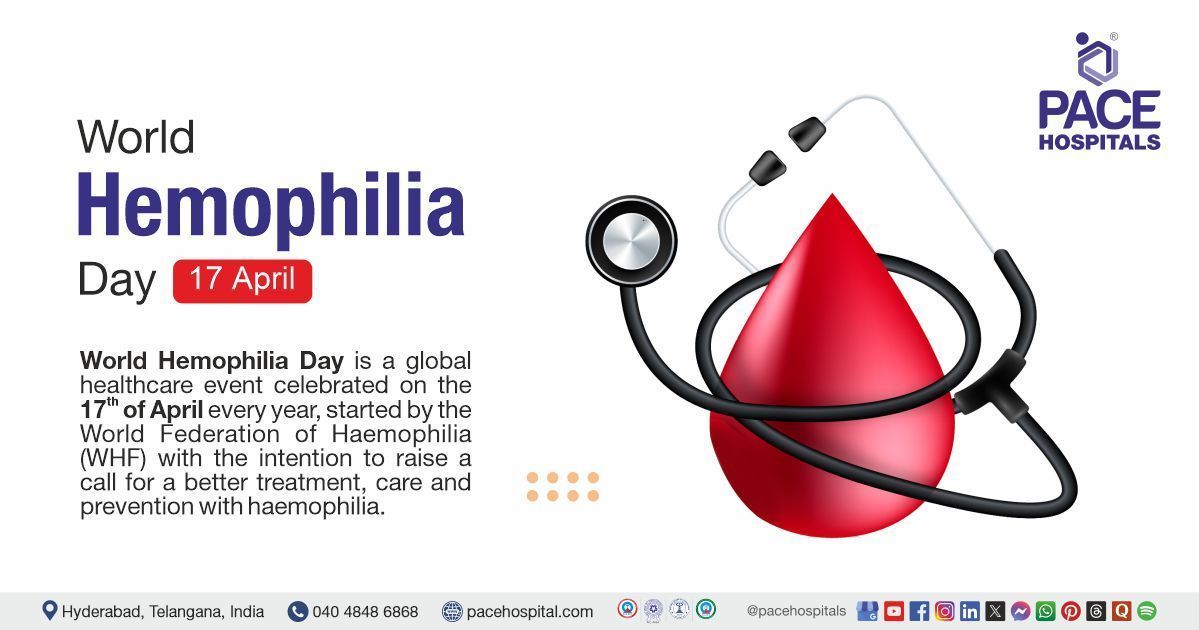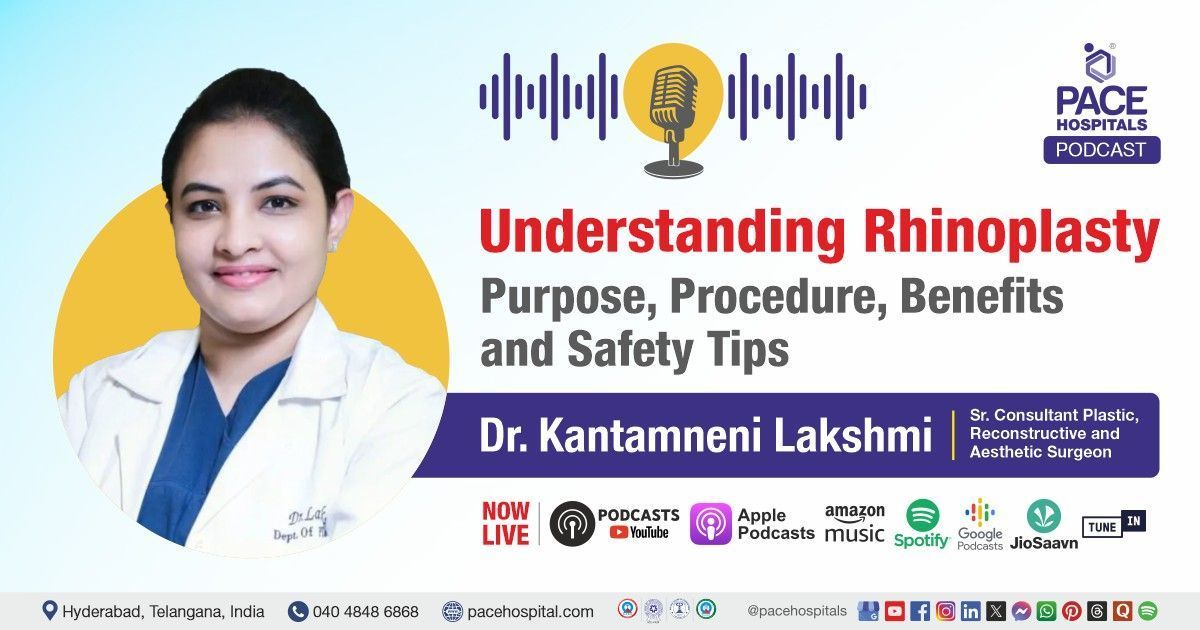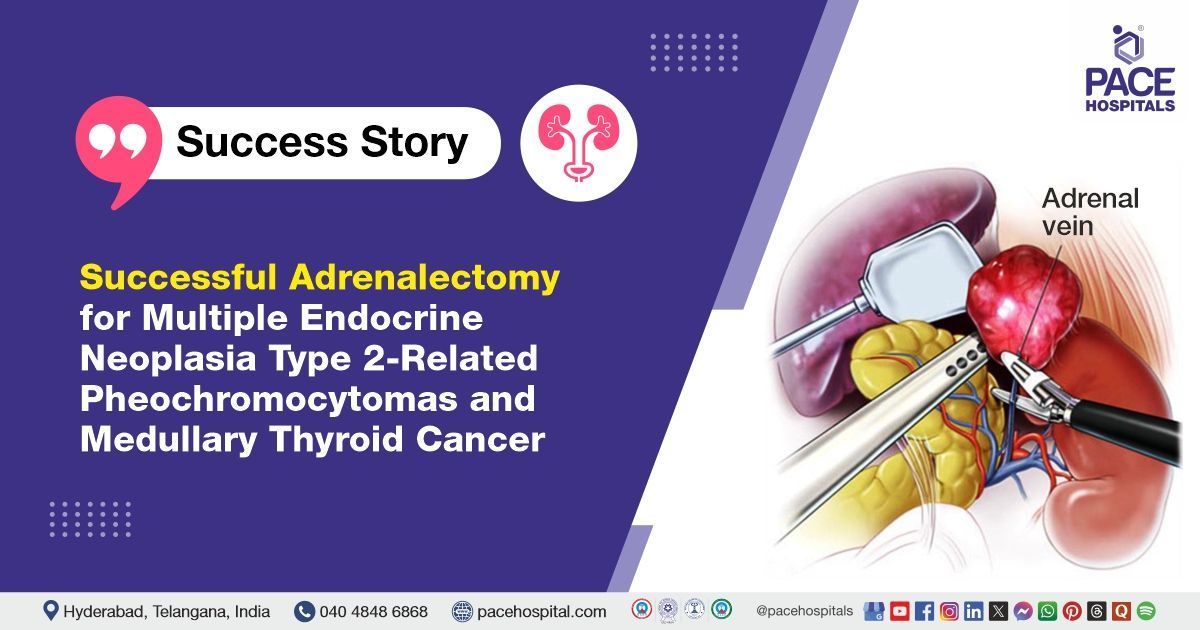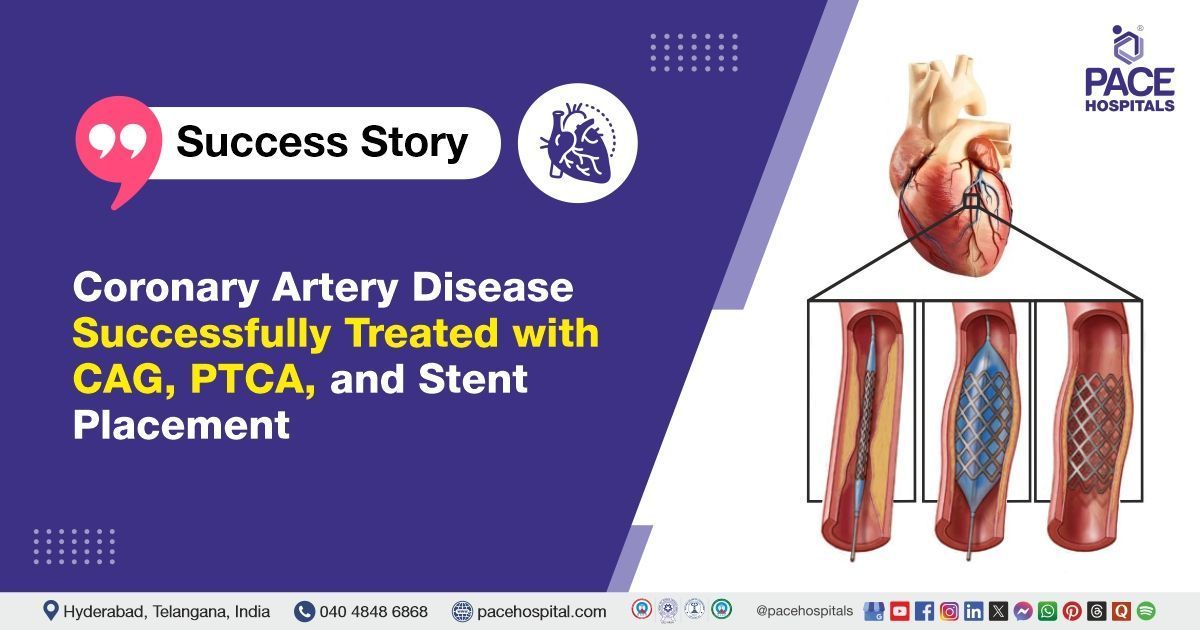Omicron Variant of COVID 19 - Symptoms, Treatment, Update and Classification
-
Table of content
Overview about Omicron
COVID 19 mutation
Omicron variant vs other SARS-CoV-2 variant
Omicron variant symptoms
How to detect Omicron?
Omicron cases in India
COVID 19 Variants
How to protect yourself against the omicron?
Arcturus Covid - a sub-variant of Omicron
This sub-variant of Omicron led to an increase in cases recently in India (at the rate of 3.5 cases / 10 lakhs as on Apr 11, 2023) and worldwide (29 countries) with low death rates. In India, it was first observed back in March 2022, and there has been a sudden surge since the early days of April 2023.
In comparison to the XBB.1 and XBB.1.5 subvariants of omicron, the SARS-CoV-2 XBB.1.16 variant had shown a 1.27- and 1.17- fold greater effective reproductive number (Re), suggesting that this unique Omicron variant has a tendency to spread swiftly.
Inflammation and redness of the eyes are reported as new symptoms of Omicron in India, especially in children (pink eyes), in addition to similar symptoms of old variants like cough, high fever, and sore throat. Inflammation of the eyes includes water in the eyes, swelling, itching, pain, tearing, redness, discharge and irritation; however, there are many other reasons for red/pink eyes, such as allergies, bacterial infections etc.
The Omicron XBB.1.16 is a recombinant of BA.2.10.1 and BA.2.75 and has three new spike proteins (E180V, F486P and T478R) in comparison to XBB.1 and one new mutant (F486P) compared to XBB.1.5 and two additional mutations in the ORF9b protein. Due to these mutations, the body's immune cells are unable to detect the viral agent in patients with previously infected or immunised by XBB vaccines or corona vaccines), leading to immune escape.
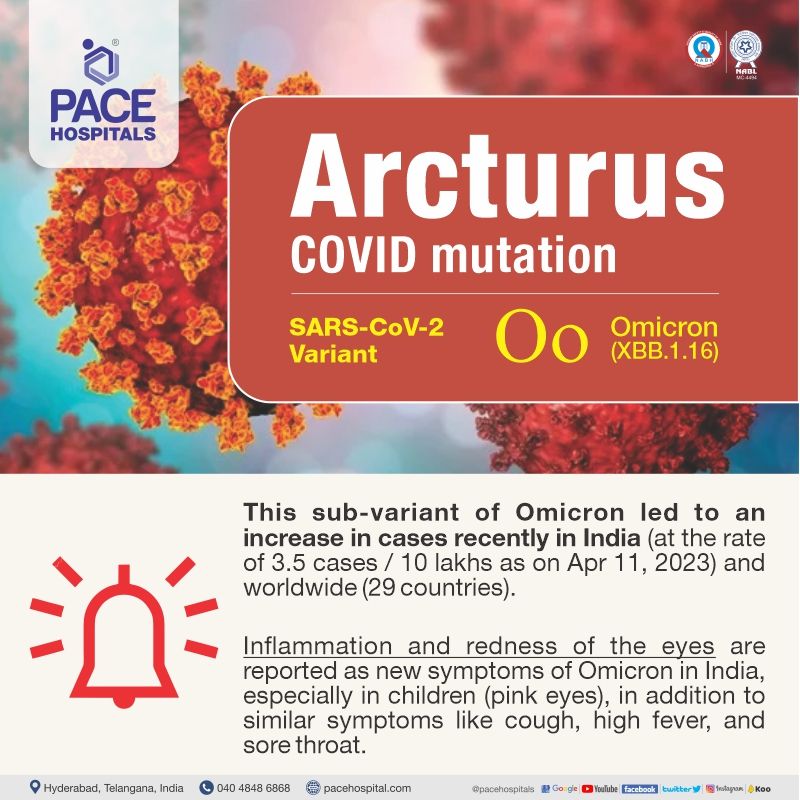
B.1.1.529 SARS-CoV-2 variant, first reported to WHO from South Africa on 24 November 2021. Increased no of mutation in spike protein recorded, and it has been characterized by three distinct peaks in reported cases that is similar to Delta (B.1.617.2) SARS-CoV-2 variant. Steep Increase in the infection caused by B.1.1.529 variant raised the concern, the first known confirmed case of B.1.1.529 variant reported on 9 November 2021.
On 30 November 2021 The WHO classified a new SARS-CoV-2 variant, B.1.1.529, as a Variant of Concern and named it Omicron
The emergence of new variants that posed an increased risk to global public health prompted the characterization of specific Variants of Interest (VOIs) and Variants of Concern (VOCs), in order to prioritize global monitoring to the COVID-19 pandemic.
Expert group from the WHO suggested to use letters of the Greek Alphabet to address variants - Alpha, Beta, Gamma, Delta, Omicron for easier discussion for non-scientific audiences throughout the world.
The world should not panic about the new Omicron variant of Covid-19, but it should prepare”,
Dr Soumya Swaminathan, Chief Scientist, the World Health Organization (WHO) said.
COVID 19 mutation
As per the research and data reported since SARS-CoV-2 coronavirus emerged in 2019 has continued to mutate, these phenomena happen due to higher transmission of the virus and higher chances of escaping immune system of the person compare with the initial stages of the virus.
COVID-19 mutation is a change of genetic code of SARS-CoV-2 and changed genetic code or mutated virus known as variant. Due to high transmission of SARS-CoV-2, scientist believed that there are more than 45 mutations of coronavirus new variant and mutation in the spike protein of the virus.
Some of new variant of coronavirus spread quickly than others like Delta variant of covid, this can increase the infection rate that again can cause emergency situation globally, potentially leading to more severely infected cases, hospitalization and deaths.
Omicron variant vs other SARS-CoV-2 variant
Delta variant of COVID-19 first recorded in October 2020 from India, and it is the most dominant SARS-CoV-2 variant accounted for 99% of infection throughout world.
Vaccines play a critical role to reduce severity and death, including against the dominant circulating variant, Delta. Current vaccines remain effective against severe disease and death.
As on 30 November 2021 Omicron variants shown the large number of mutations in spike protein and also recorded increased risk of reinfection in South Africa. The number of studies and researches are coming out with sequencing confirmation, this approach help to detect variants in fast manners. This will also help in protecting and preventing further spread of new variant.
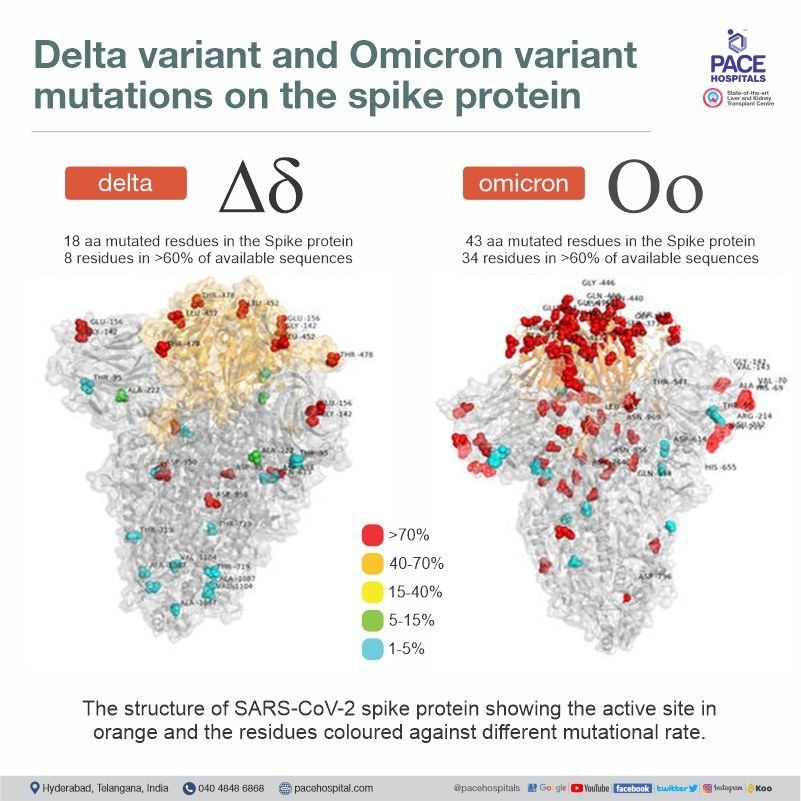
Omicron variant symptoms
Infected omicron cases reported from South Africa are mostly young population and having mild symptoms of fever, cough and different from delta variant. Due to limited data currently researchers are not able to come out with the particular or new symptoms related to omicron.
Previously Covid-19 delta variant symptoms recorded headache, sore throat, runny nose, and fever being prominent and cough, loss of smell are less common in infected patients, Delta variants recorded to be highly contagious becomes much more efficient and easily transmitted.
In South Africa, infected cases are majorly young population admitted with serious symptoms in that many of them are not at all vaccinated or took only single dose. This data also shows people with two doses with booster dose of vaccine are in protective zone against the new variants.
As per recent recorded cases, these are some common symptoms of OMICRON variant reported:
- Runny Nose
- Headache
- Fatigue
- Sneezing
- Sore Throat
- Persistent cough
- Chills or shivers
- Fever
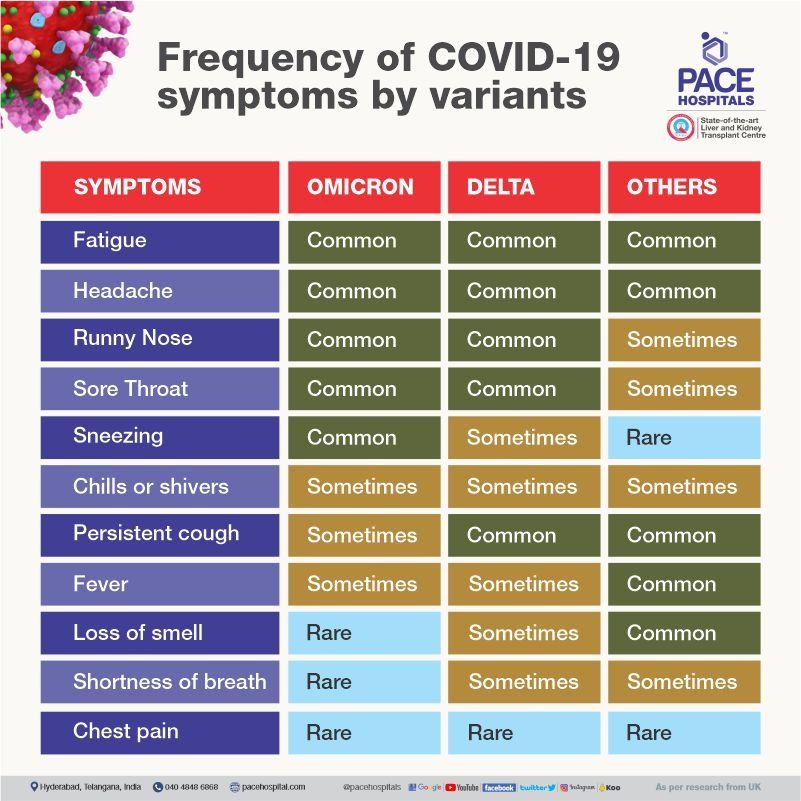
What are treatment options available for Omicron variant of COVID-19?
If you have become infected with the Omicron variant, and symptoms are mild enough not to require hospitalized care. Take proper rest and treat the mild symptoms at home and be in a strict self-quarantine for 7 days to avoid further spread.
Currently, there are no specific drugs and medication are available to prevent or treat Omicron variant of COVID-19.
How to detect Omicron?
A real-time reverse transcription–polymerase chain reaction (RT-PCR) are the current available and justified test to rule out Delta, Omicron or other variants from the infected person.
In India most of the certified labs having technology to detect the suspected Omicron cases, this will help to find out the infected cases more quickly than previous years and variants.
Full gene analysis can confirm if the infected person is of the omicron variant, this will take couple of weeks.
Triple Gene RT-PCR test helps in detecting OMICRON variant due to S-Gene absence. Click here to know about triple GENE RT-PCR test at Pace Hospitals
Omicron cases in India
As on 11 Dec 2021, 33 omicron cases identified in India, alone 10 cases reported in Mumbai.
As on 4 Dec 2021, India reported its first two cases of the Omicron variant. Officials said one of them - a 66 years old South African national had travelled from the country and had already left India, while the second a 46 years old doctor in the Bengaluru, and she had no travel history.
COVID 19 Variants
Since the 2019 the WHO and scientist throughout the world aggressively working on finding out the behavioral aspects of SARS-CoV-2 through genome sequences, associated metadata and mutation due to transmission. Throughout the world scientist claimed to have more than 50 mutations to the new SARS-CoV-2 variant.
The WHO named COVID-19 variants after the Greek alphabets. The WHO classified these as variants of concern (VOC), variants of interest (VOI) or variants under monitoring (VUM) in order to prioritize global monitoring to the COVID-19 pandemic.
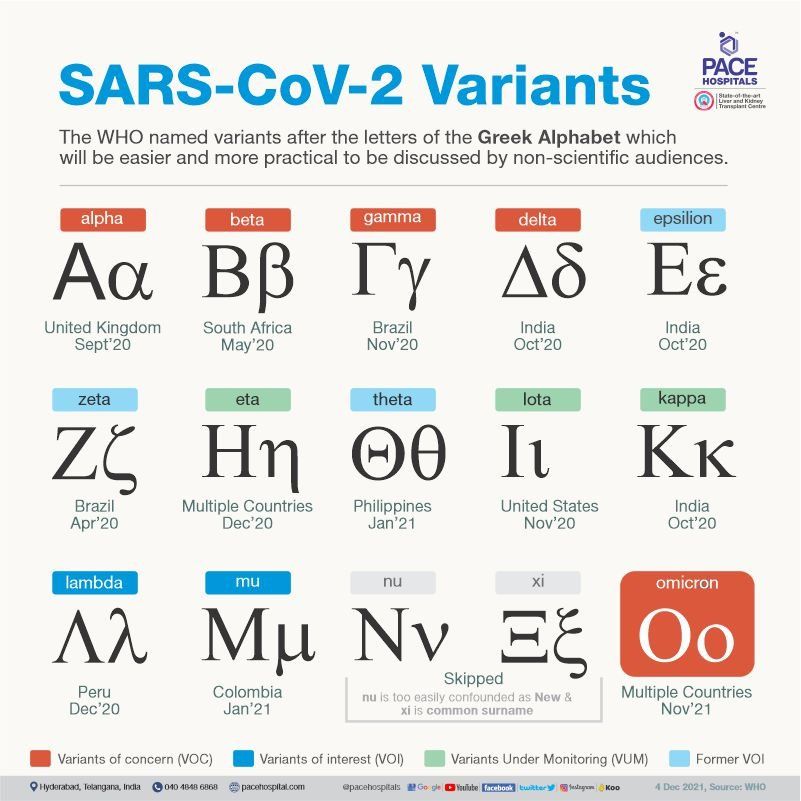
What is variants of interest (VOI) for SARS-CoV-2?
A SARS-CoV-2 variant with genetic changes that are predicted or known to affect virus characteristics, such as:
- Disease severity
- Transmissibility
- Immune escape
- Diagnostic or therapeutic escape; AND
Identified to cause significant community transmission or multiple COVID-19 clusters, in multiple countries with increasing relative prevalence alongside increasing number of cases over time, or other apparent epidemiological impacts to suggest an emerging risk to global public health.
What is variants of concern (VOC) for SARS-CoV-2?
A SARS-CoV-2 variant that comes under VOI and, through a comparative assessment, has been demonstrated to be associated with one or more of the following changes at a degree of global public health significance:
- Increase in transmissibility; OR
- Change in clinical disease presentation; OR
- Increase in virulence; OR
- Detrimental change in COVID-19 epidemiology; OR
- Decrease in effectiveness of public health and social measures or available diagnostics, therapeutics, vaccines.
What is variants under monitoring (VUM) for SARS-CoV-2?
A SARS-CoV-2 variant with genetic changes that are suspected to affect virus characteristics with some indication that it may pose a future risk, but evidence of phenotypic or epidemiological impact is currently unclear, requiring enhanced monitoring and repeat assessment pending new evidence.
How to protect yourself against the omicron?
As a reminder, everyone can protect themselves by following these three very important things. These are the best practice to prevent and avoid being exposed to the virus and its variants:
- Wearing mask
- Maintain physical distancing (about 6 feet)
- Follow good hand hygiene technique (Wash your hands often with soap and water for at least 20 seconds especially after you have been in a public place, or after blowing your nose, coughing, or sneezing. If soap and water are not readily available, use a hand sanitizer that contains at least 60% alcohol. Cover all surfaces of your hands and rub them together until they feel dry. Avoid touching your eyes, nose, and mouth with unwashed hands.).
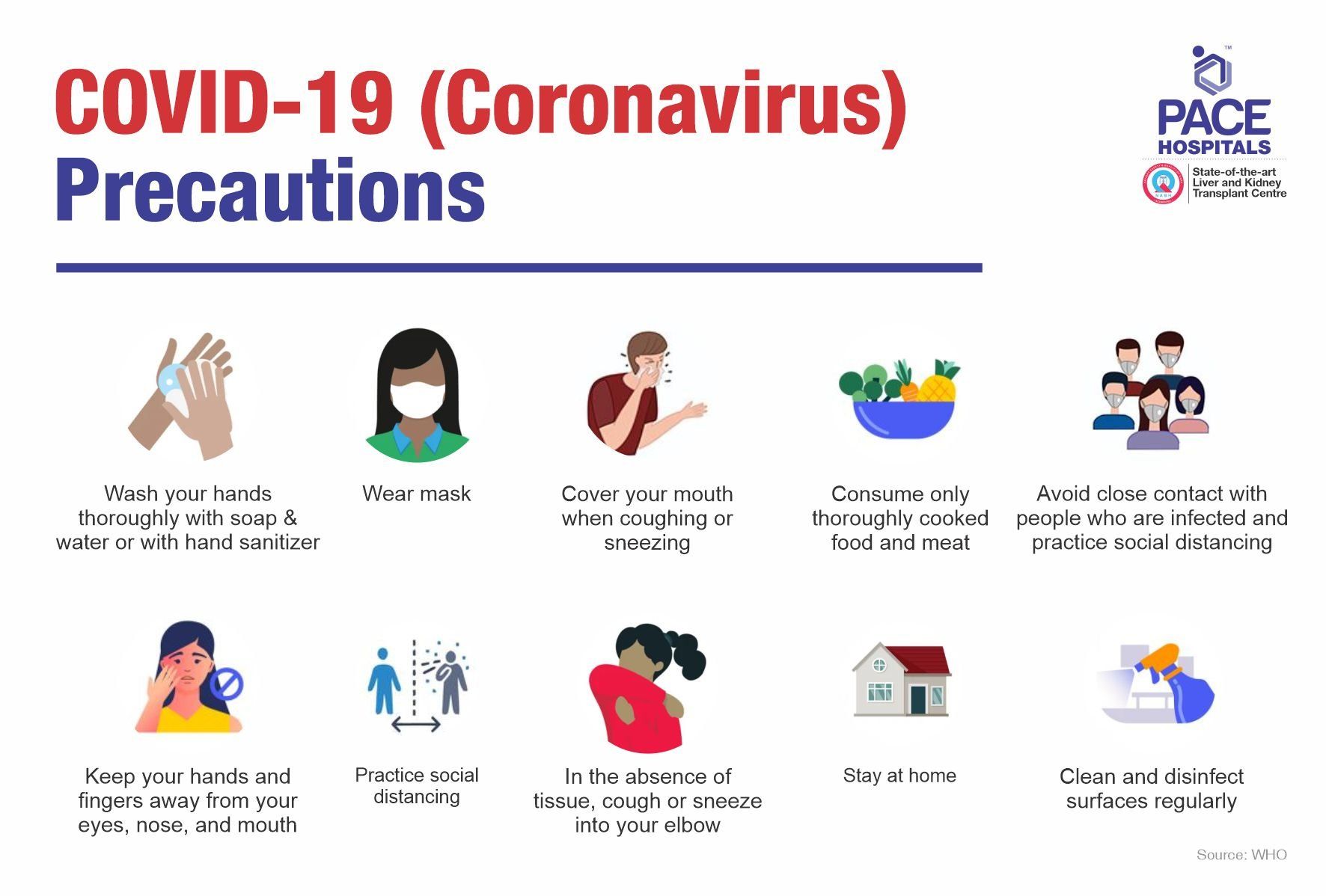
Request an appointment
Fill in the appointment form or call us instantly to book a confirmed appointment with our super specialist at 04048486868
Appointment request - health articles
Thank you for contacting us. We will get back to you as soon as possible. Kindly save these contact details in your contacts to receive calls and messages:-
Appointment Desk: 04048486868
Whatsapp: 8977889778
Regards,
Pace Hospitals
Hitech City and Madinaguda
Hyderabad, Telangana, India.
Oops, there was an error sending your message. Please try again later. We will get back to you as soon as possible. Kindly save these contact details in your contacts to receive calls and messages:-
Appointment Desk: 04048486868
Whatsapp: 8977889778
Regards,
Pace Hospitals
Hitech City and Madinaguda
Hyderabad, Telangana, India.
Our Locations – Find the Best Hospital Near You
Metro Pillar Number C1772, Beside Avasa Hotel, Hitech City Road, Near HITEC City Metro Station, Hyderabad, Telangana, India.
Mythri Nagar, Beside South India Shopping Mall, Hafeezpet, Madeenaguda, Hyderabad, Telangana, India.
040 4848 6868
Payment in advance for treatment at PACE Hospitals, Hyderabad, Telangana, India (Pay in INR ₹)
For Bank Transfer:-
- Bank Name: HDFC
Company Name: Pace Hospitals
A/c No.50200028705218
IFSC Code: HDFC0000545 - Bank Name: STATE BANK OF INDIA
Company Name: Pace Hospitals
A/c No.62206858997
IFSC Code: SBIN0020299
Scan QR Code by Any Payment App (GPay, Paytm, Phonepe, BHIM, Bank Apps, Amazon, Airtel, Truecaller, Idea, Whatsapp etc).

CONTACT US
Call: +914048486868
WhatsApp: +918977889778
Email: info@pacehospitals.in
FOLLOW US
SUBSCRIBE
Subscribe to our newsletter and stay updated with the latest health information.
Subscribe to PACE Hospitals' Public Newsletter
Thank you for subscribing to PACE Hospitals' Newsletter. Stay updated with the latest health information.
Oops, there was an error. Please try again submitting your details.
ABOUT US
QUICK LINKS
Disclaimer
General information on healthcare issues is made available by PACE Hospitals through this website (www.pacehospital.com), as well as its other websites and branded social media pages. The text, videos, illustrations, photographs, quoted information, and other materials found on these websites (here by collectively referred to as "Content") are offered for informational purposes only and is neither exhaustive nor complete. Prior to forming a decision in regard to your health, consult your doctor or any another healthcare professional. PACE Hospitals does not have an obligation to update or modify the "Content" or to explain or resolve any inconsistencies therein.
The "Content" from the website of PACE Hospitals or from its branded social media pages might include any adult explicit "Content" which is deemed exclusively medical or health-related and not otherwise. Publishing material or making references to specific sources, such as to any particular therapies, goods, drugs, practises, doctors, nurses, other healthcare professionals, diagnoses or procedures is done purely for informational purposes and does not reflect any endorsement by PACE Hospitals – your trusted hospital near me.

